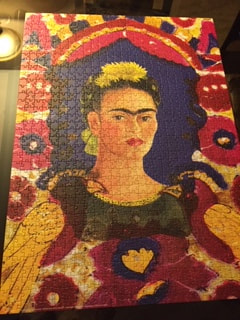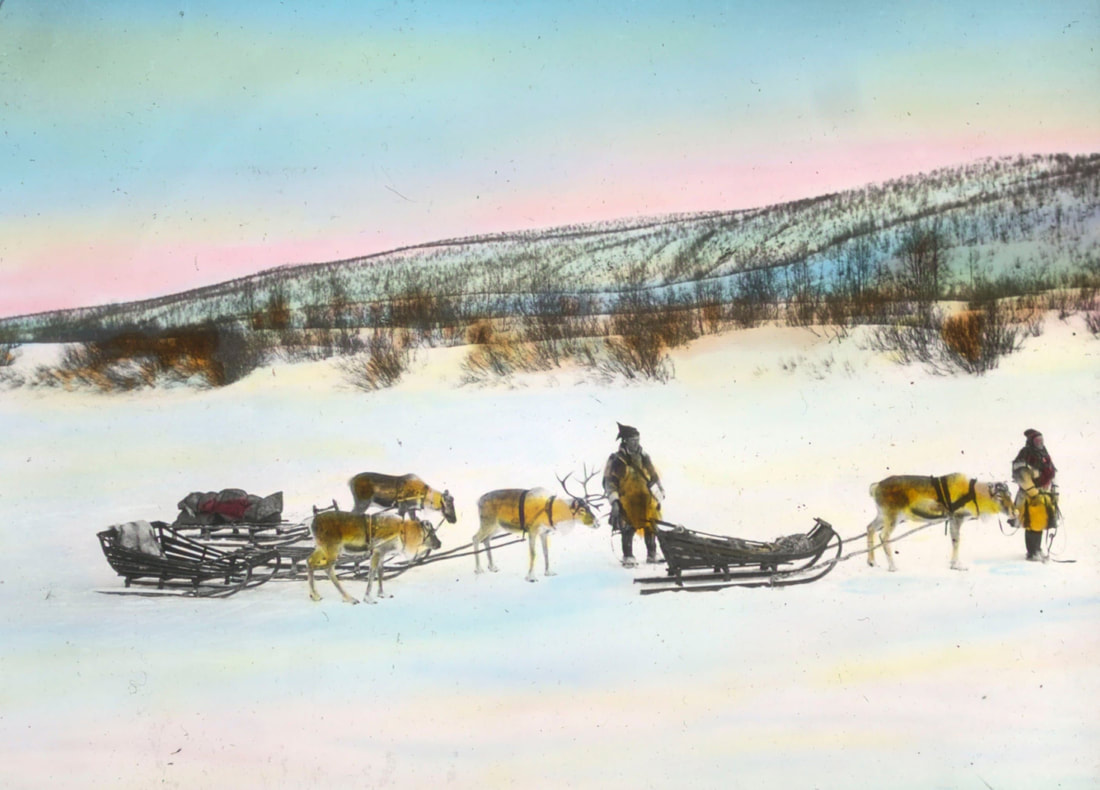|
Jigsaw puzzle season is here again. Half the people I know are hunkered down at home, sheltering from winter and the pandemic, trying to bring order from the jumble of pieces spread out on a table. Trying to recreate the picture on the box lid.
My undergraduate thesis advisor, Dr. Marcia Colish, told me most of her historian friends liked to read mystery novels. I wonder if they work jigsaw puzzles, too. The three activities have much in common. Research historians assemble motley clues to construct a coherent story. This describes the work of detectives, FBI agents, and investigative journalists, too. Bit by bit they uncover pieces of the plotting and preparation that led up to the recent attack on the Capitol. Unlike the jigsaw, this puzzle has no box lid to let us preview how all the pieces come together.
4 Comments
The wise men have traveled home from Bethlehem. With the passing of their feast day on Jan. 6, the holiday season is behind us. Catholic and some Protestant liturgies count these weeks between Epiphany and Lent as “Ordinary Time.” Though the phrase refers to ordinal numbers (second week, third week, etc.), I am drawn to its secular connotation of a post-holiday return to everyday life. Most years, anyway.
January so far has been anything but ordinary. Must I abandon my sense of ordinary time for 2021, or shall I base it on a different calendar? Coptic and many other Orthodox churches use the old Julian calendar, which runs 13 days later, ending the Christmas season on Jan. 19—tomorrow. The event they celebrate that day is not the arrival of the wise men at the stable but Theophany, the baptism of Jesus in the River Jordan. Living in Eritrea long ago, I went to a Timket or Theophany festival. The huge crowd was exuberant; Jan. 19 was clearly a major holiday. Perhaps for this year, I can welcome “ordinary time” as beginning the following day, Jan. 20. May it bring a fresh season of calm and relief. Image: Coptic icon of the baptism of Jesus, or Theophany. The reindeer-herding Sami of far northern Scandinavia sing a joik* to express and connect with someone or something. The joik belongs not to the composer or the singer but to its object. Descended from shamanistic practice, a joik doesn’t so much describe as conjure up.
A lonely man, missing his late parents, might joik them for comfort. A woman might joik a blizzard in all its power, using few lyrics or none. The Sami do not sing about a bear. They sing a bear. In our language and culture, we may paint or sculpt a bear, or perhaps act or dance one. Why, then, can we only write or sing about it? It’s as though visuals and impersonations recreate their subject, while words hold it at a distance. As a writer, I yearn to bring my subject into being, like the Sami. I’d love to be able to write a bear. * Rhymes with toy, but starts with a Y sound and ends with a K. Also spelled yoik. “Hope
Smiles from the threshold of the year to come, Whispering ‘it will be happier’ . . .” ― Alfred Lord Tennyson Did you raise a glass of bubbly to greet the new year? Bubbles are frothy and playful, whether blown through a wand or drunk from a champagne flute. Prisms of bubbles turn sunlight into rainbows. Metaphorical bubbles are risky, their surface tension too fragile or too tough. Some are insubstantial or illusory, destined to burst like an overpriced investment. Others function like gated communities, holding insiders in blissful ignorance of the world outside. In this winter of social distancing, bubbles have come into their own. Our respective bubbles let us take off our masks and relax. Yes, the bubble may burst unless we tend it with care. Calling it a pod sounds more substantial, but bubble sounds more fun. May you savor your bubbly, frolic in the rainbows, and harken to the whisper of hope. |
AuthorI'm a historian who writes novels and literary nonfiction. My home base is Madison, Wisconsin. Archives
July 2024
|




 RSS Feed
RSS Feed